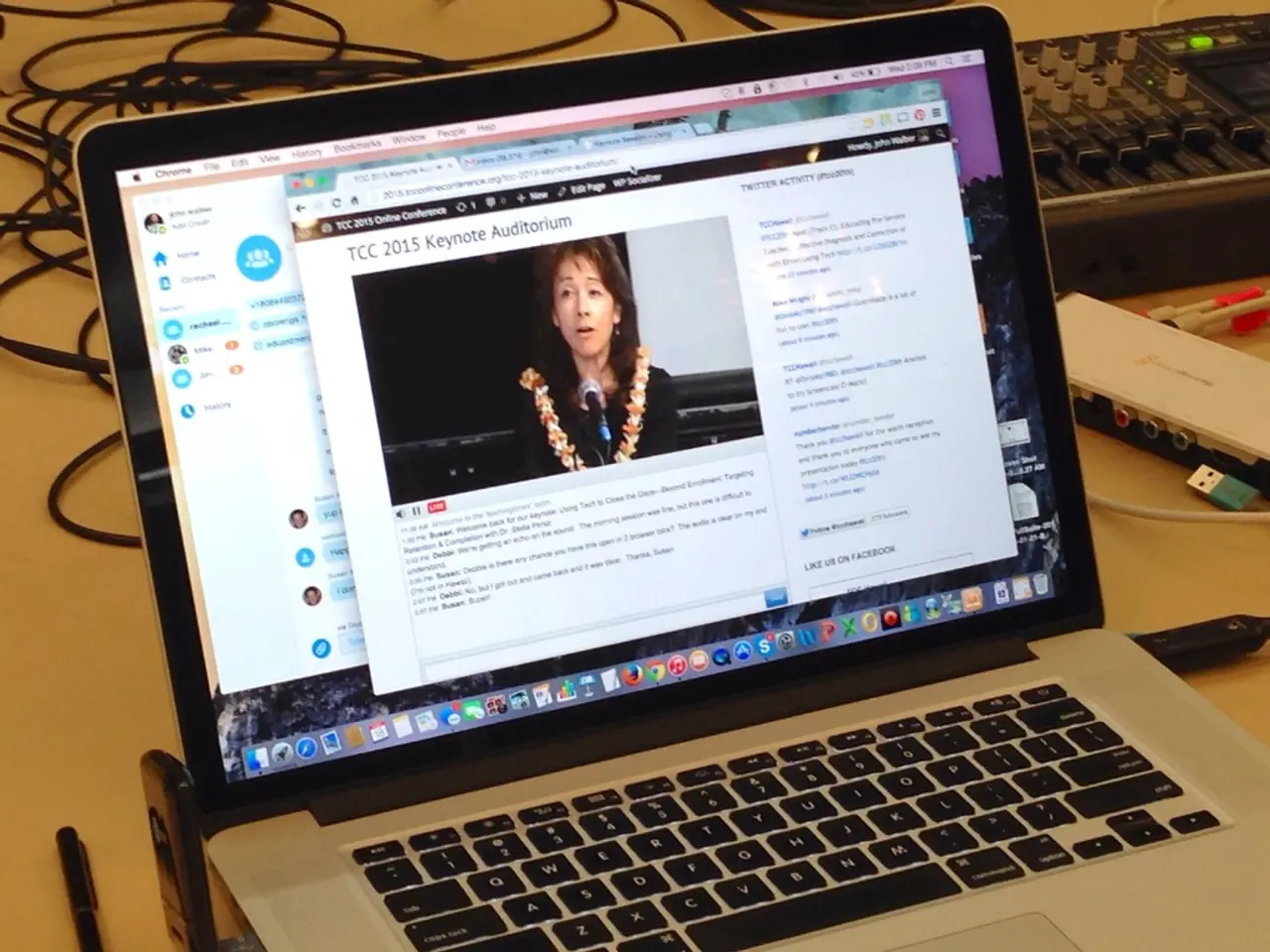Nuclear arms amplify and intensify feelings of fear and vulnerability among people
In the wake of the United States' projected expenditure of 756 billion USD on its nuclear arsenal over the next decade, the impact of nuclear weapons on global affairs is once again under scrutiny. The catastrophic potential of these weapons, as demonstrated by the atomic bombings of Hiroshima and Nagasaki in 1945, has shaped the course of history and continues to pose a significant threat to human security, economic inequality, and social justice.
The immediate devastation caused by nuclear weapons is indiscriminate, affecting civilians and military personnel alike. The aftermath of the bombings in Japan led to long-term health effects due to radiation exposure. During the Cold War era, the threat of nuclear war kept nations in a state of heightened alert, with significant resources devoted to nuclear arsenals rather than social welfare or economic development.
The substantial financial investments in nuclear weapons programs have diverted resources away from social and economic development projects, exacerbating economic inequality within and between nations. The Cold War era saw significant economic costs associated with maintaining large military forces and nuclear arsenals, which could have been spent on reducing poverty and improving living standards.
The risks associated with nuclear weapons, such as radioactive contamination and the potential for accidental detonation, disproportionately affect vulnerable populations, including those living near nuclear facilities. The use of nuclear weapons would lead to indiscriminate harm, raising profound ethical and moral questions about their legitimacy in warfare.
In the contemporary context, nuclear weapons remain a significant threat to global peace and security, with ongoing tensions between nuclear-armed states and the potential for nuclear proliferation. The integration of AI into nuclear systems raises new risks, while the humanitarian and environmental impacts of a nuclear conflict are more pronounced than ever, with potential for global climate disruption and food shortages.
The ongoing investment in nuclear weapons continues to divert resources from sustainable development and social welfare programs, contributing to economic disparities. The existential threat of nuclear conflict could destabilize global economic systems, exacerbating economic inequality by disrupting trade and investment.
International efforts like those by ICAN and IPPNW emphasize the need for disarmament due to the inhumane and indiscriminate nature of nuclear weapons, highlighting the social justice imperative to abolish these weapons. The weakening of international norms and institutions, such as the United Nations, poses challenges to maintaining a stable global order that prevents nuclear conflict and promotes social justice.
In conclusion, nuclear weapons have historically and contemporarily affected human security, economic inequality, and social justice by diverting resources from development, threatening global stability, and raising profound ethical concerns about their use. The interconnections between governments developing means of killing large numbers of people and the depletion of resources for human development need to be explored further. The relationship between nuclear weapons and human security is compared to that between economic inequality and social justice, with nuclear weapons making achieving human security difficult. The concept of human security, as outlined in the 1994 Human Development Report, calls for both "freedom from fear" and "freedom from want." Martin Luther King Jr.'s warning about the prioritization of state security over individual and community security remains relevant today. The annual cost of ending hunger, as estimated by the United Nations World Food Programme, is slightly more than half of the average annual expenditure planned for the U.S. nuclear arsenal, underscoring the misplaced priorities in global spending. Nuclear weapons are harmful to security and democracy, as they maintain power inequalities and are inherently undemocratic, with decisions about them never made in consultation with the public.
The integration of technology, such as AI, into nuclear systems further intensifies the potential risks associated with nuclear weapons, heightening the need for disarmament. The diversion of substantial financial investments into nuclear weapons programs, at the expense of social and economic development projects, serves to widen the gap between the wealthy and the poor, exacerbating economic inequality both within and between nations.




